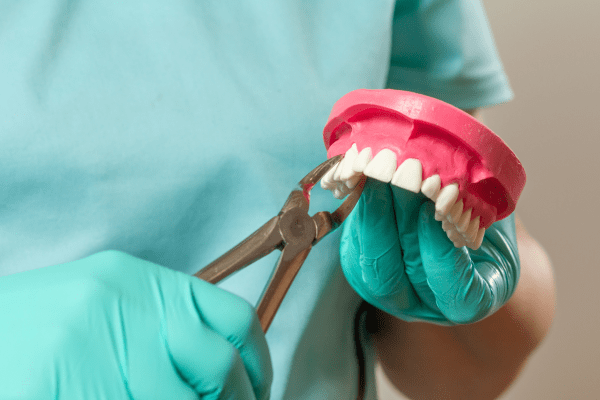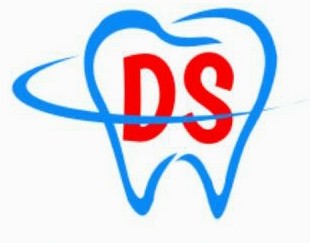Tooth Removal (Extraction)

What is Tooth Removal?
Tooth removal, also known as tooth extraction, is a dental procedure in which a tooth is surgically removed from its socket in the jawbone. It is typically performed when a tooth is severely damaged, decayed, infected, or impacted. The extraction process can involve the removal of a single tooth or multiple teeth, depending on the individual’s specific needs.
Why is Tooth Removal Done?
Severe Tooth Decay:
When a tooth is extensively decayed and cannot be effectively restored with dental fillings, crowns, or other restorative treatments, extraction may be necessary to prevent the spread of infection and protect the surrounding teeth and gums.
Advanced Gum Disease:
In cases of advanced periodontal (gum) disease, tooth extraction may be required if the supporting structures of the tooth, such as the gums and bone, have been severely compromised, leading to loose teeth.
Impacted Teeth:
Impacted teeth, such as wisdom teeth, do not fully emerge or grow in the proper position due to lack of space or obstructed pathways. Impacted teeth can cause pain, infection, damage to adjacent teeth, and other oral health issues, necessitating extraction.
Orthodontic Treatment:
In some orthodontic cases, tooth extraction may be recommended to create space for proper teeth alignment. Removing certain teeth can help address crowding, reduce the need for extensive orthodontic procedures, and enhance the overall outcome of orthodontic treatment.
Types of Tooth Removal
Simple Extraction:
A simple extraction is performed when a tooth can be easily accessed and removed with forceps. Local anesthesia is usually administered to numb the area, ensuring a painless procedure.
Surgical Extraction:
Surgical extraction is a more complex procedure performed when a tooth is impacted, partially erupted, or broken off at the gumline. It may involve making a small incision in the gum tissue or removing bone to access and extract the tooth. Surgical extractions are typically performed under local anesthesia, and additional sedation options may be available for anxious patients.
Advantages of Tooth Removal
Relief from Pain and Discomfort:
Extracting a severely damaged or infected tooth can alleviate pain and discomfort caused by dental issues, allowing you to enjoy improved oral health and an enhanced quality of life.
Prevention of Infections and Complications:
Extracting a tooth affected by extensive decay or infection helps prevent the spread of bacteria to surrounding teeth, gums, and jawbone. This reduces the risk of developing more severe oral infections and potential complications.
Preservation of Oral Health:
Tooth removal is sometimes necessary to maintain the overall health of your mouth. By removing a severely damaged or infected tooth, the surrounding teeth and gums can be protected from further damage or infection
